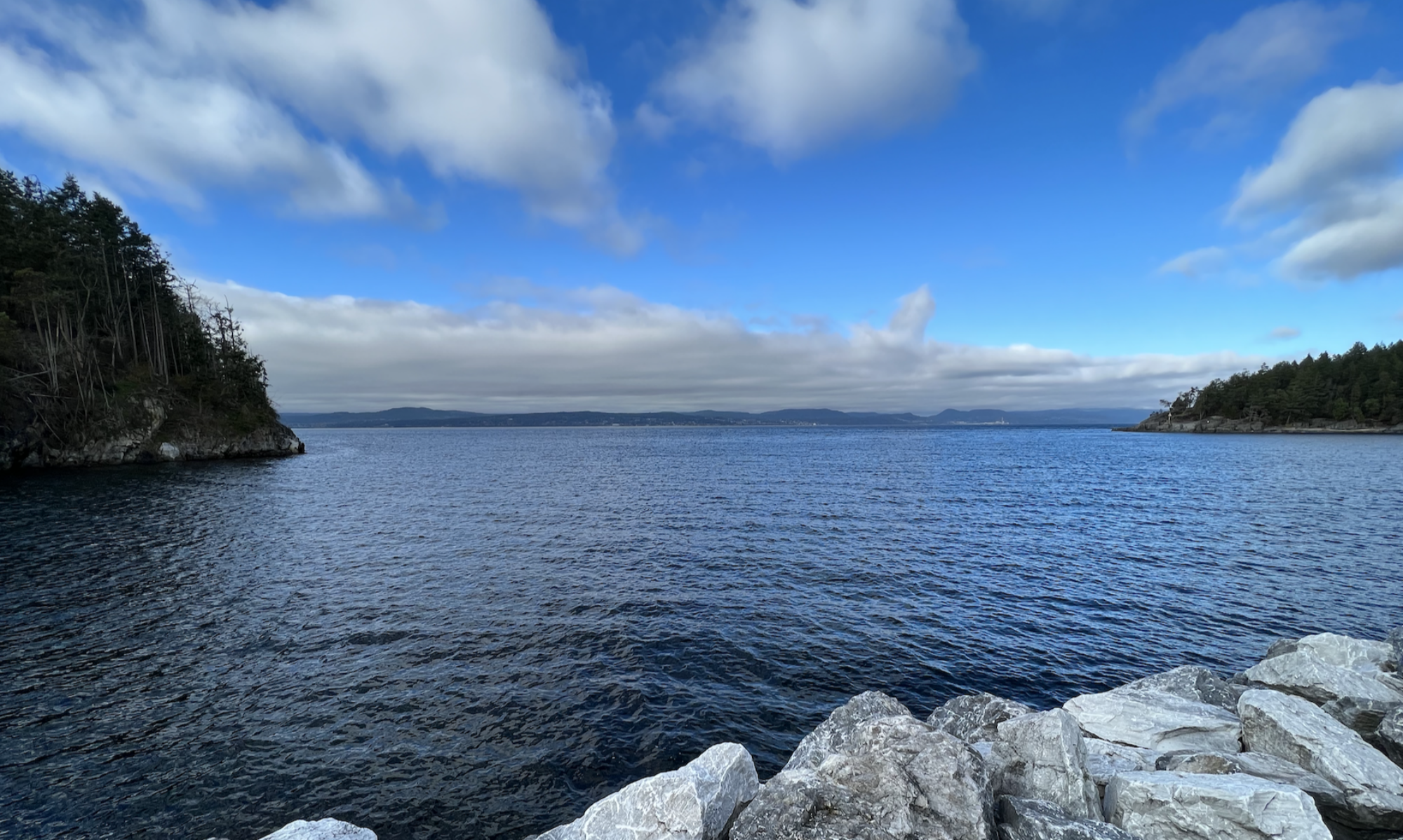Taking a few moments to notice powerful learning showing up at this Flow Game Training. I am in Columbus, Ohio with several good hosting friends. We are in a 3-day training offered by Toke Moeller and Monica Nissen on the Flow Game. It is a board game that is centered in the practice of reflection and asking questions. It is a tool for helping individuals and teams learn and deep levels. We each carry a question into the game. Mine is “What next levels of emergence, consciousness, and good work can become available through the Flow Game?”
Yesterday was a full day. I loved hearing more of the place we were meeting in. Friend Matt Hobash offered the space, a beautiful wearhouse that is now the new home to the Mid Ohio Food Bank. They are the 10th largest food bank of 260 nationally, distributing 33 million pounds of food in 2009. Twenty percent of that is local. The food bank captures and redistributes excess food. It has a vision that it is living — to become a center for hunger and nutrition education, to become a community center for many levels of wellness and inquiry.
The checkin round was full. Honest, real expressions of “not knowing.” Of being “between worlds.” Of intention to learn and to practice together a rich level of listening. The contexting gems started to surface as I began to imagine how I will use the game, how I will speak it.
– a way of accessing ancient wisdom, the kind that is carried in our togetherness and accessed only in our togetherness
– a way of working deliberately with emergence, consciousness, good work
– a way to be letting go of the definitions we have allowed to become real. Things like dismissals as soft of the simple act of working in love and relationship with each other
– a way of practicing from the heart
– a way of working on key needs — good story here from Toke of a 13 year-old in Zimbabwe who’s question was “How can I help my friends not become pregnant before it is time?”
– a way to strengthen the warrior of the heart in us
It was a full day. As we met for 20-30 minutes for each person, it required deliberate listening. I found that I learned much in others questions. Another experience of wholeness as my learnings peaked through another persons questions. I was tired by the end. Tired in the way that I see many through my hosting work — energized from the experience, yet fatigued because of the energy commitment it takes to create together. We are all strengthening those abilities.
I learned my about artfulness in the game. The art of offering, whether it be a story, something that I love, a question, a song, a poem, an image, a vision, or a simple witnessing. I learned about connecting question to purpose and to the impressions inspired by the cards of the game — from the seven directions of North, South, East, West, Heaven, Earth, Integrated Whole.
Looking forward to the next days of learning with this.
